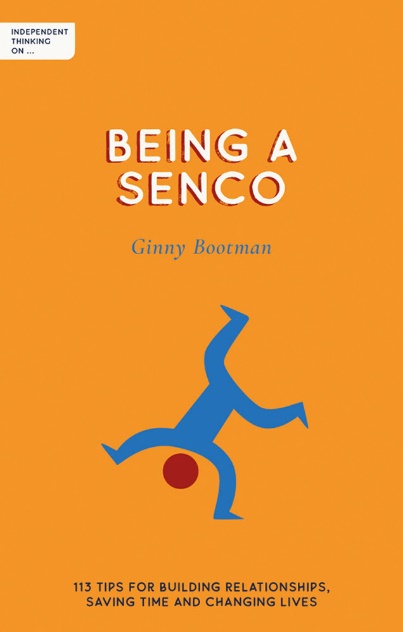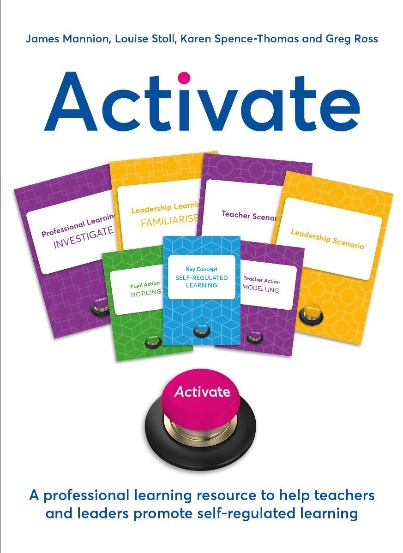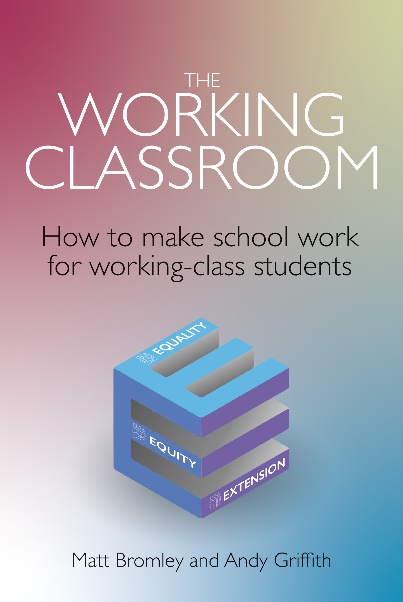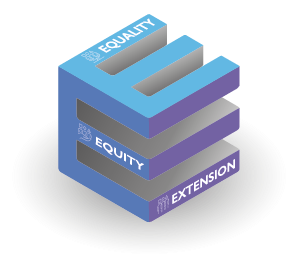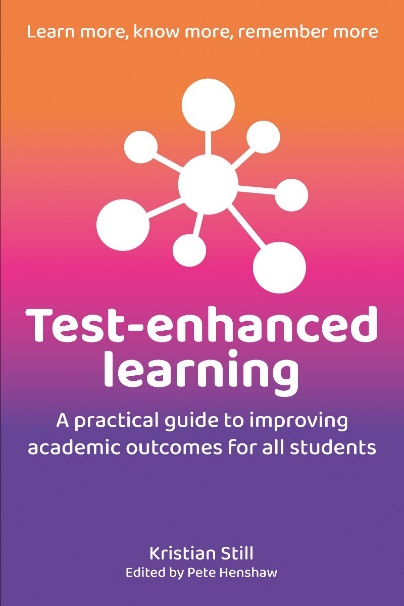New Titles from Crown House Publishing
Press release 1
|
|
|
|
|
|
|
|
|
|
|
|
|
Press release 2
|
|
|
|
|
|
|
|
|
|
|
|
|
|
|
|
Press release 3
|
|
|
|
|
|
|
|
|
|
|
|
|
Press release 4
|
|
|
|
|
|
|
|
|
|
|
|
Short Book Reviews
Hanna Kryszewska, PolandUsing AI in Learning and Teaching, found on LinkedIn
New Titles from Crown House Publishing
